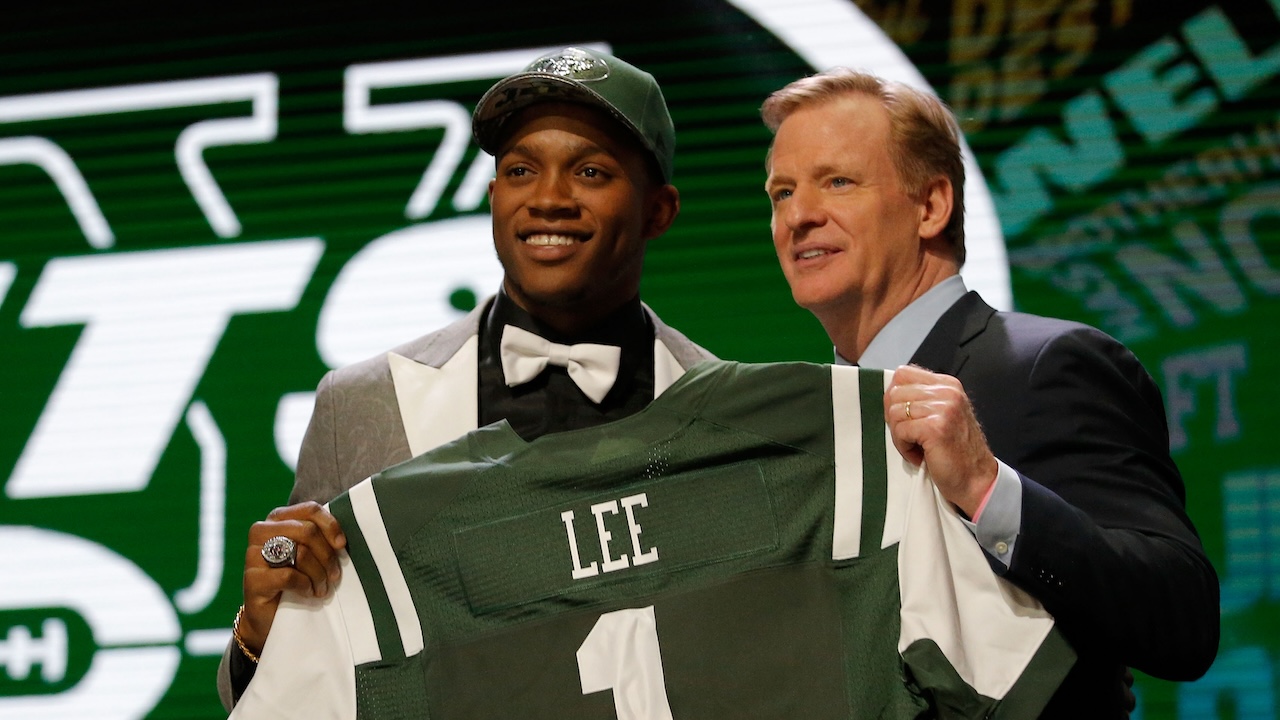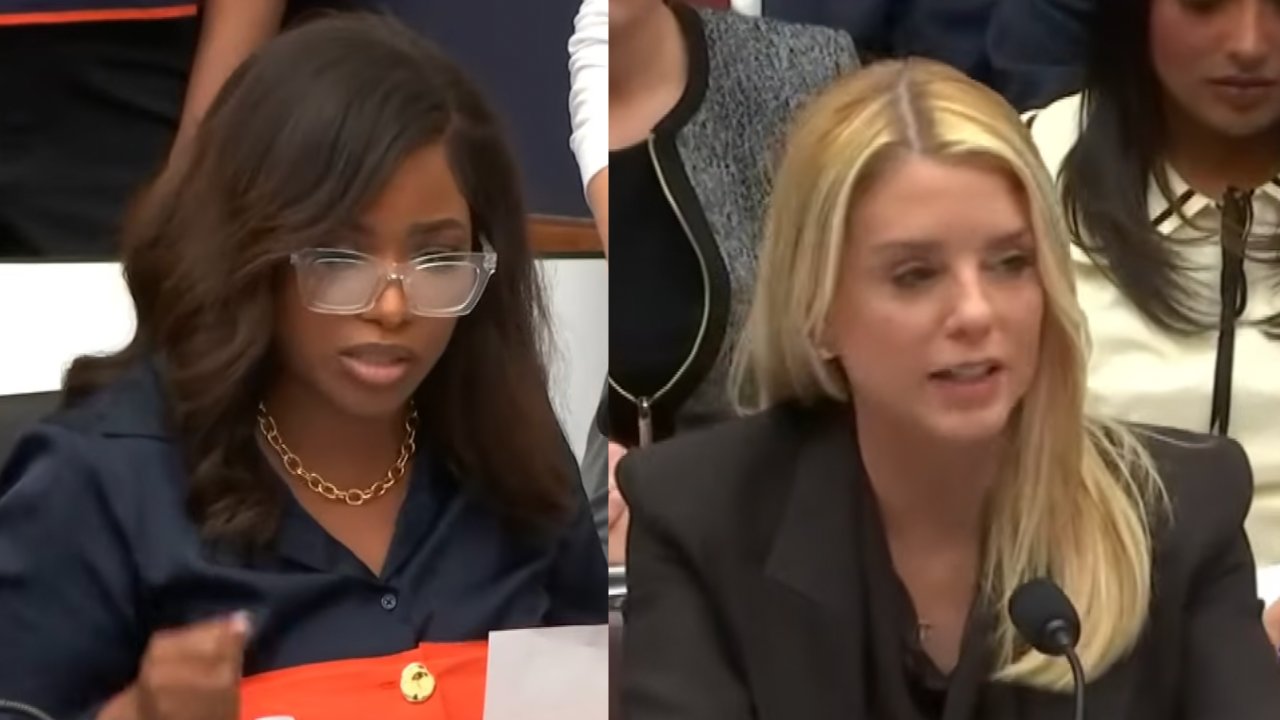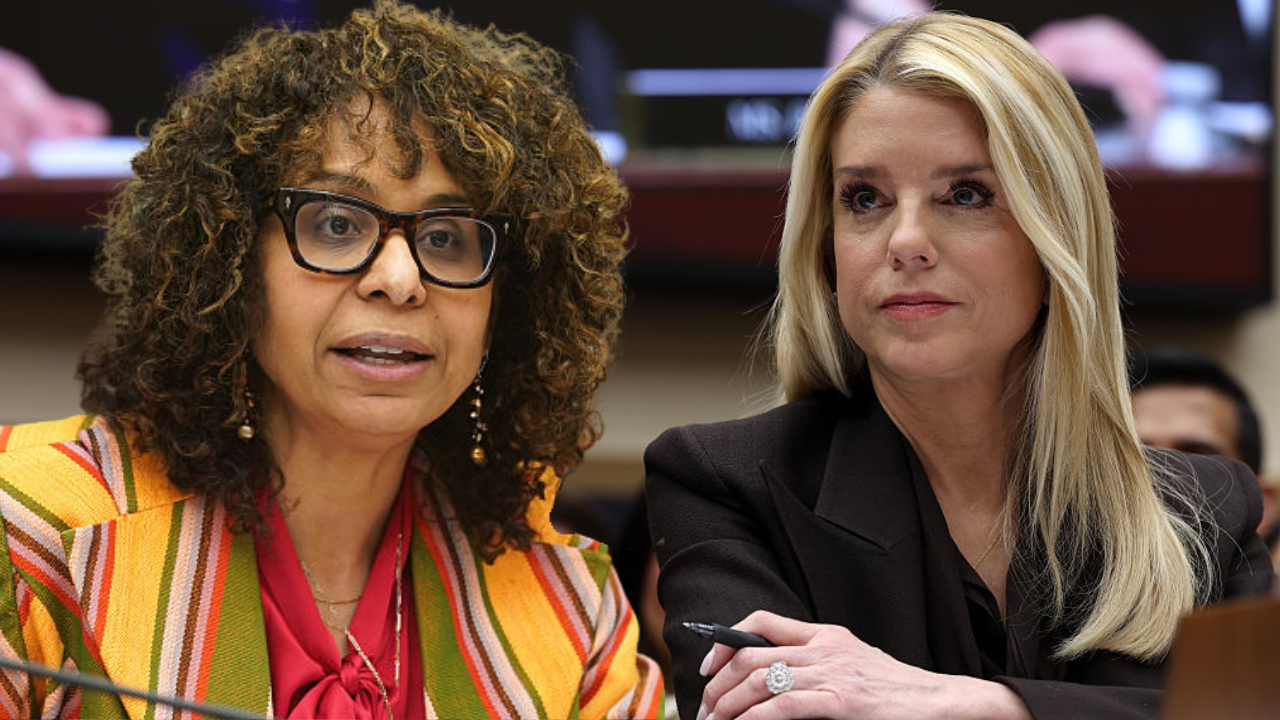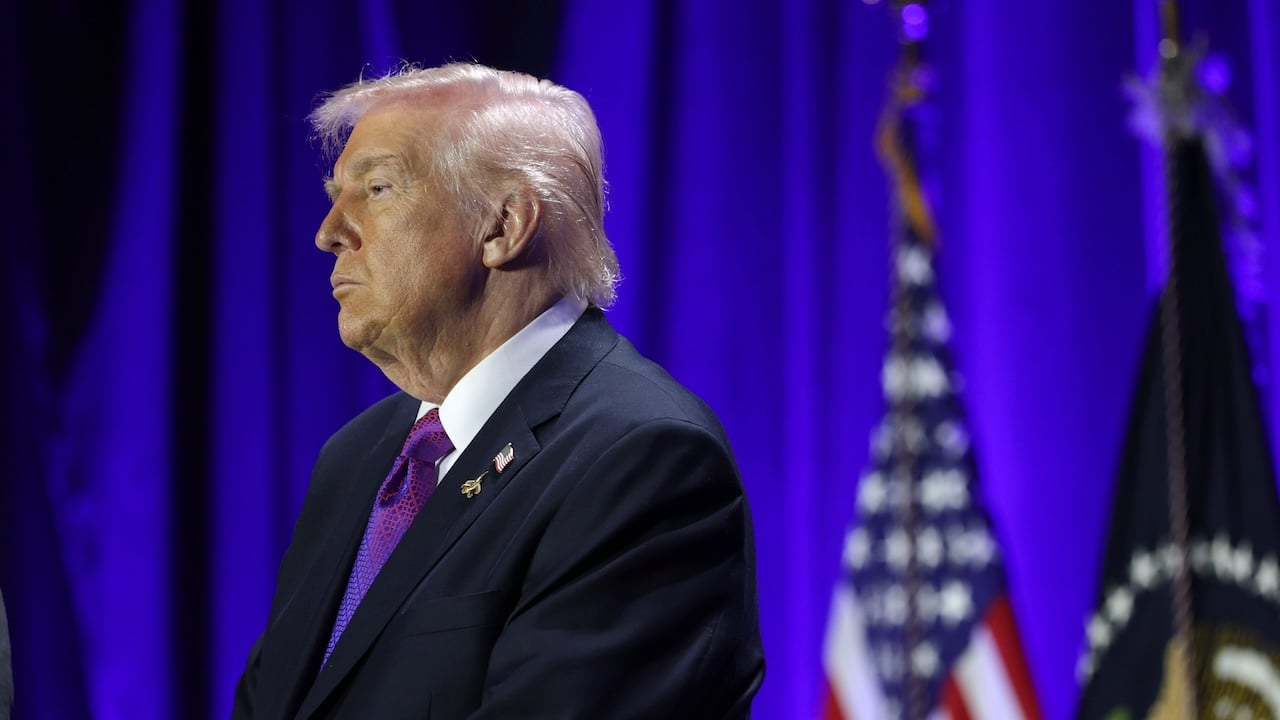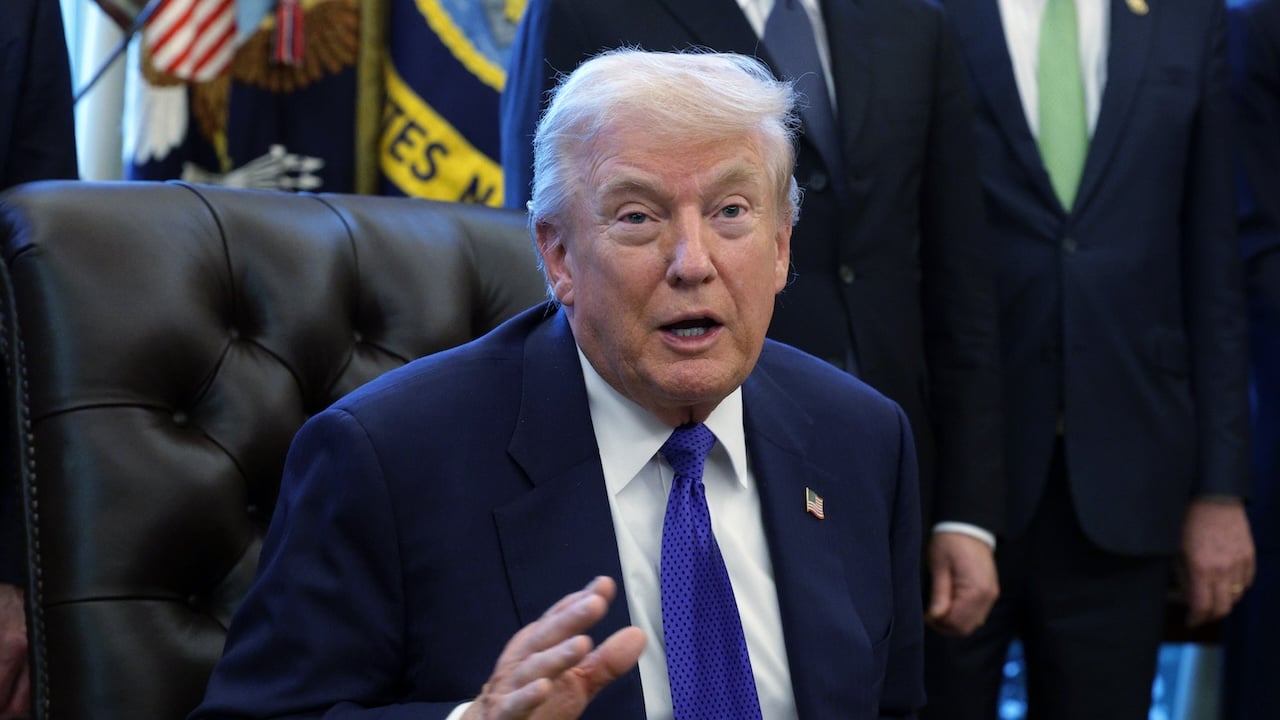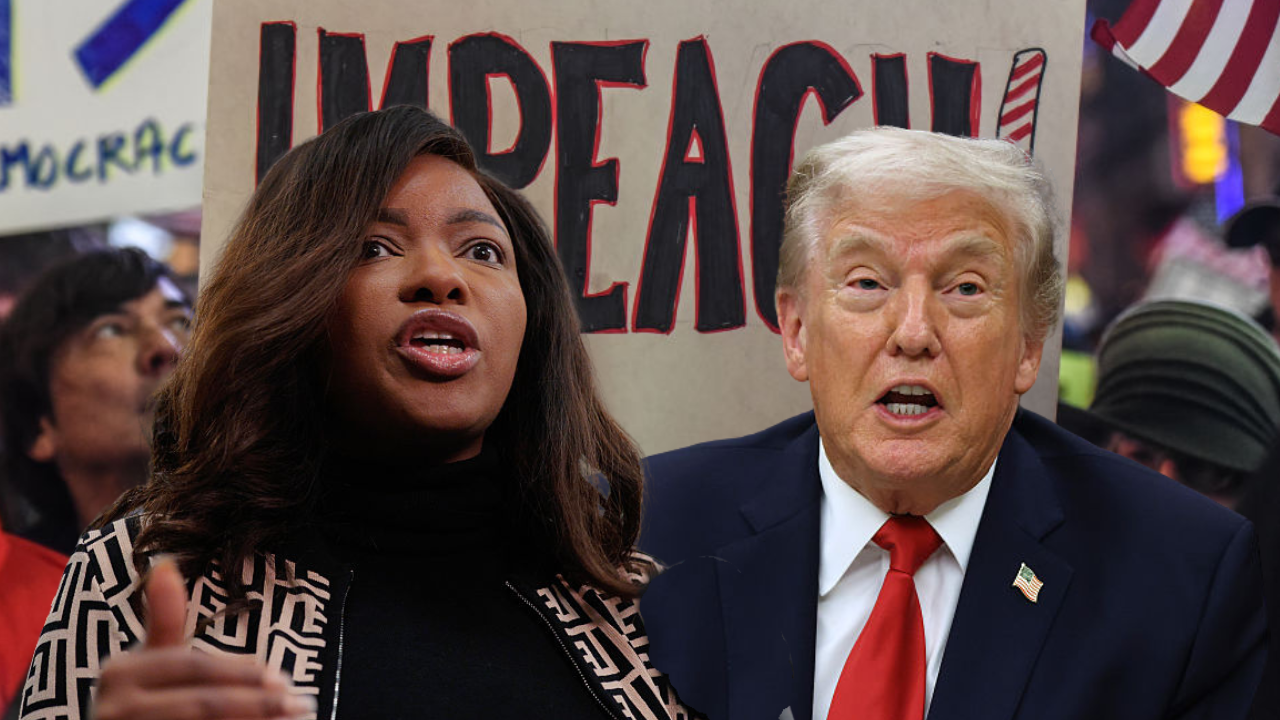60 years after the Voting Rights Act was passed, Black voters are still fighting for access: ‘So much is at stake’
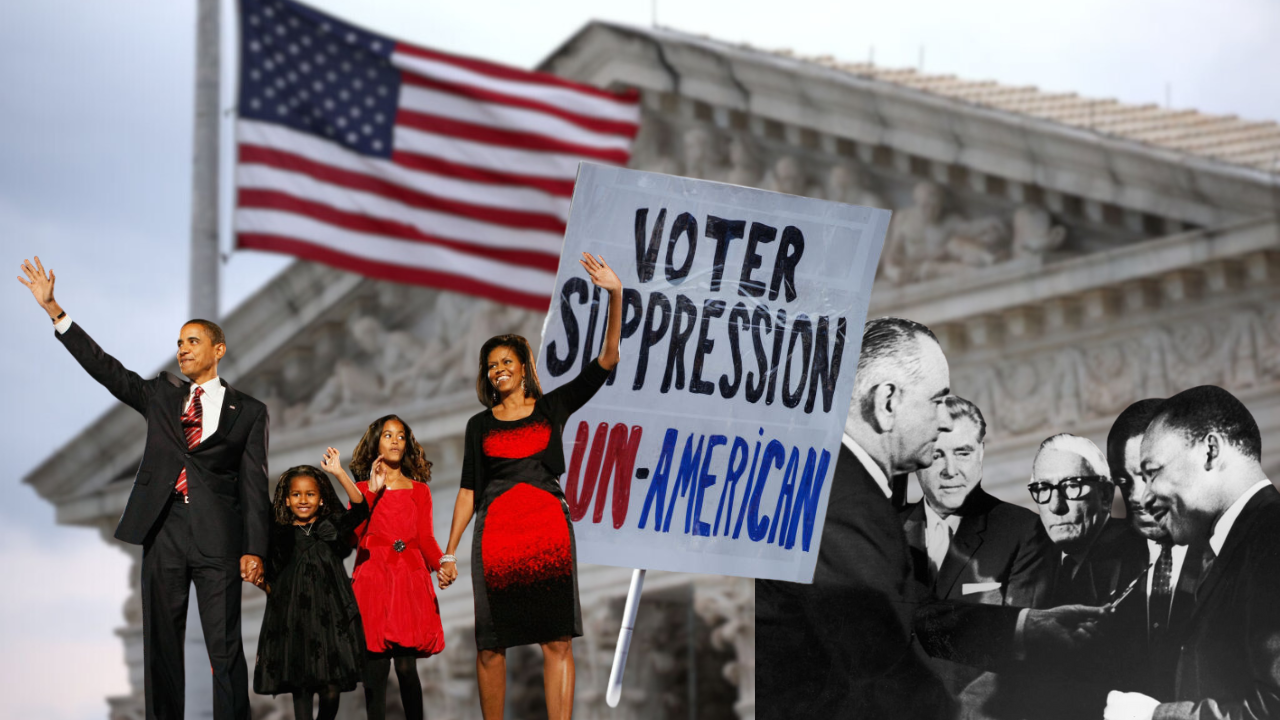
“We cannot deny our ugly history with racial discrimination in this country, especially as it pertains to access to the ballot box,” said Molly McGrath, a voting rights attorney at the ACLU.
In a speech before he signed the Voting Rights Act on Aug. 6, 1965, President Lyndon B. Johnson said of the landmark civil rights law, “Today we strike away the last major shackle…the Negro story and the American story fuse and blend.”
“The vote is the most powerful instrument ever devised by man for breaking down injustice and destroying the terrible walls which imprison men because they are different from other men today…the last of the legal barriers is tumbling,” said Johnson.
Sixty years later, activists and legal experts are fretting about the deterioration of the Voting Rights Act, which, as a result of a series of federal court rulings and subsequent restrictive state voting laws, is legally hanging on by a thread.
“Whether it’s restrictions on mail-in voting, whether it’s the [requirement of] voter IDs, whether it’s the restriction on early voting and absentee voting, whether it’s the restrictions in places like Georgia, where you can’t even give people food and water for standing in the line, when these restrictions are placed, it is actually diluting Black voices and Black political power,” explained Jamarr Brown, executive director of Color of Change PAC.
Brown placed the blame squarely on Republicans and conservative litigants, who he said over the past two decades have made a “concerted effort to eliminate access to voting, particularly for Black people and people of color.”
Melanie L. Campbell, president and CEO of the National Coalition on Black Civic Participation, told theGrio the deterioration of the Voting Rights Act can be traced directly to the election of America’s first Black president, Barack Obama. In the 2008 presidential election, which was the most racially and ethnically diverse in U.S. history, Obama amassed a record turnout of Black and Latino voters.
“What happened is that, in 2008, a Black man was elected president. After the 2010 elections, you started getting all these voter suppression laws, all the things that made it harder to vote,” noted Campbell.
By 2013, the Voting Rights Act had been gutted after the U.S. Supreme Court struck down section 5 and subsection (b) of Section 4 of the law. The provisions required states, particularly in the South with a history of racial discrimination, to get federal approval from the U.S. Attorney General before enacting new voting laws.
“That weakened the enforcement powers of the bill. The law is the law, but a lot of teeth are missing in the enforcement,” explained Campbell. 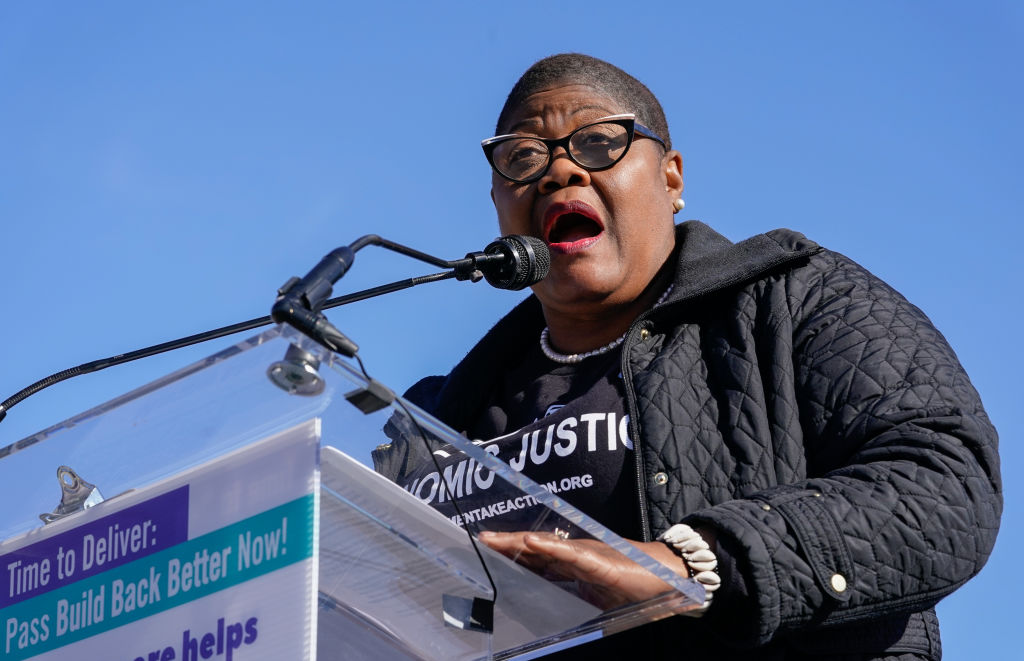
After the controversial and consequential Shelby v. Holder ruling, liberal Justice Ruth Bader Ginsburg condemned the majority’s opinion that the mechanisms to combat racial discrimination in voting were no longer needed because they didn’t “speak to current conditions,” essentially arguing that racial discrimination was a thing of the past.
Ginsburg famously wrote, “Throwing out preclearance when it has worked and is continuing to work to stop discriminatory changes is like throwing away your umbrella in a rainstorm because you are not getting wet.”
“We cannot deny our ugly history with racial discrimination in this country, especially as it pertains to access to the ballot box,” said Molly McGrath, a voting rights attorney who is director of National Campaigns and Democracy for ACLU’s National Political Advocacy Division. She told theGrio, “Poll taxes, literacy tests. These were tactics that we used in this country not that long ago.”
As a result of Shelby v. Holder and other crucial court rulings, advocates say restrictive voting laws and tactics targeting Black and Latino voters, including racial gerrymandering, have exploded.
The consequence of the VRA’s erosion is most recently illuminated in Texas, where Democrats are currently decrying and procedurally delaying a redrawn congressional map that dilutes the voting power of Black and Latino voters in five districts mostly represented by Black members of Congress, including the majority Black and Brown 9th Congressional District represented by Congressman Al Green, which has retained only 2% of its current district.
“This is a real modern-day threat to the structure of the system when you can do that,” lamented Campbell. “What they’re doing in Texas is so blatant, and it’s making people pay attention.”
What’s probably most alarming to activists is that the Texas map, designed to give congressional Republicans a clear advantage in the 2026 midterm elections, was a direct order from President Donald Trump. 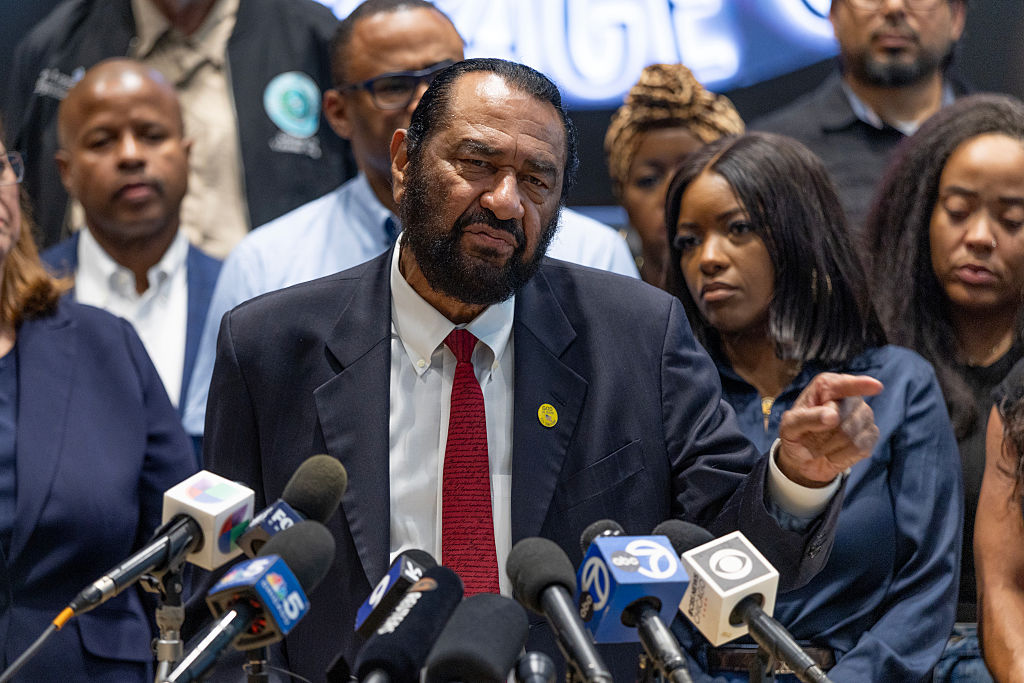
“This demand by a sitting president mid-cycle to draw new maps–and he said the quiet part out loud to help his party win seats—this is a naked power grab,” explained McGrath of the ACLU. “Since he’s taken office, he has abused his power to serve his own personal and political interests rather than following the law and serving the people who elected him, and this most recent tactic is from that same playbook.”
McGrath argued that congressional district maps should be designed fairly to ensure every citizen’s vote carries “equal weight” and districts “represent the communities that they serve.” The voting rights lawyer noted that in Trump’s demand to Texas Gov. Gregg Abbott to give Republicans five additional seats in the state’s congressional delegation, he made “no mention to ensure we protect voters of color and ensure we aren’t diluting the voices of voters of color.”
Had the Voting Rights Act had its full protections still in place, McGrath said it would have served as a “deterrent” to Texas’s map.
Next year, the Supreme Court will rule on another consequential case that could further weaken the Voting Rights Act. Based in Louisiana, a group describing itself as “non-African American” argues that the creation of a second majority-Black district is racially discriminatory against them.
Though the court in recent years has previously ruled against racially discriminatory maps in Alabama and South Carolina, the court’s conservative majority has proven to be unpredictable when taking up cases of precedent.
Democrats say the only way to truly safeguard the Voting Rights Act is to restore key provisions and expand protections. Last week, U.S. Senator Raphael Warnock, D-Ga., and Senator Dick Durbin, D-Ill., reintroduced the John Lewis Voting Rights Advancement Act. The bill would restore preclearance for states and political subdivisions that violate the VRA. 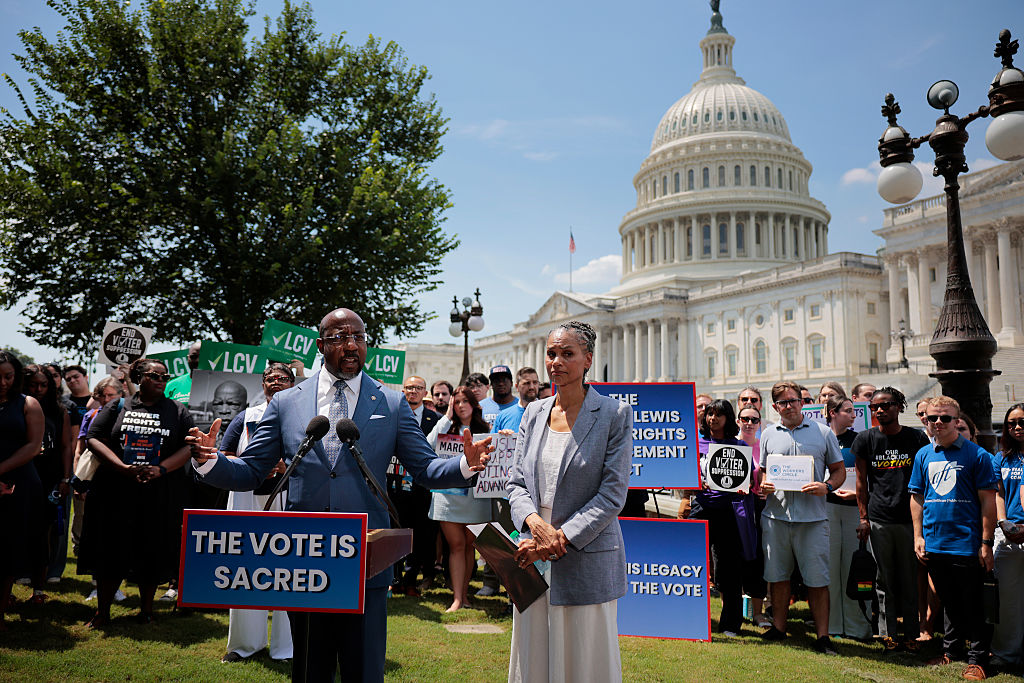
The Freedom to Vote Act, another bill championed by Democrats over the years, would expand voter registration and voting access, and establish rules related to election integrity and security, redistricting, and campaign finance.
During a press conference announcing the John Lewis bill, named in honor of the former congressman and civil rights activist, Warnock said despite major concerns like the economy and health care, “nothing is more important right now” than passing the voting rights legislation.
“Voting rights are preservative of all other rights,” said the senator and pastor of Martin Luther King Jr.’s former church, Ebenezer Baptist, in Atlanta, Georgia. He continued, “It is the framework in which we get to fight for the things that we care about.”
Warnock said President Trump’s second term, marred by concerns of constitutional violations and the stripping away of civil rights protections, has served as a reminder that “we ought not take any of it for granted.”
The U.S. senator added, “We are literally in a fight for the life of the republic. We’re in a fight to make sure that everybody has a voice and that we don’t give in to the authoritarian movement that is afoot right now in our country. So much is at stake.”

Gerren Keith Gaynor is a White House Correspondent and the Managing Editor of Politics at theGrio. He is based in Washington, D.C. He covers the White House, Capitol Hill, and national politics.
What's Your Reaction?
 Like
0
Like
0
 Dislike
0
Dislike
0
 Love
0
Love
0
 Funny
0
Funny
0
 Angry
0
Angry
0
 Sad
0
Sad
0
 Wow
0
Wow
0




